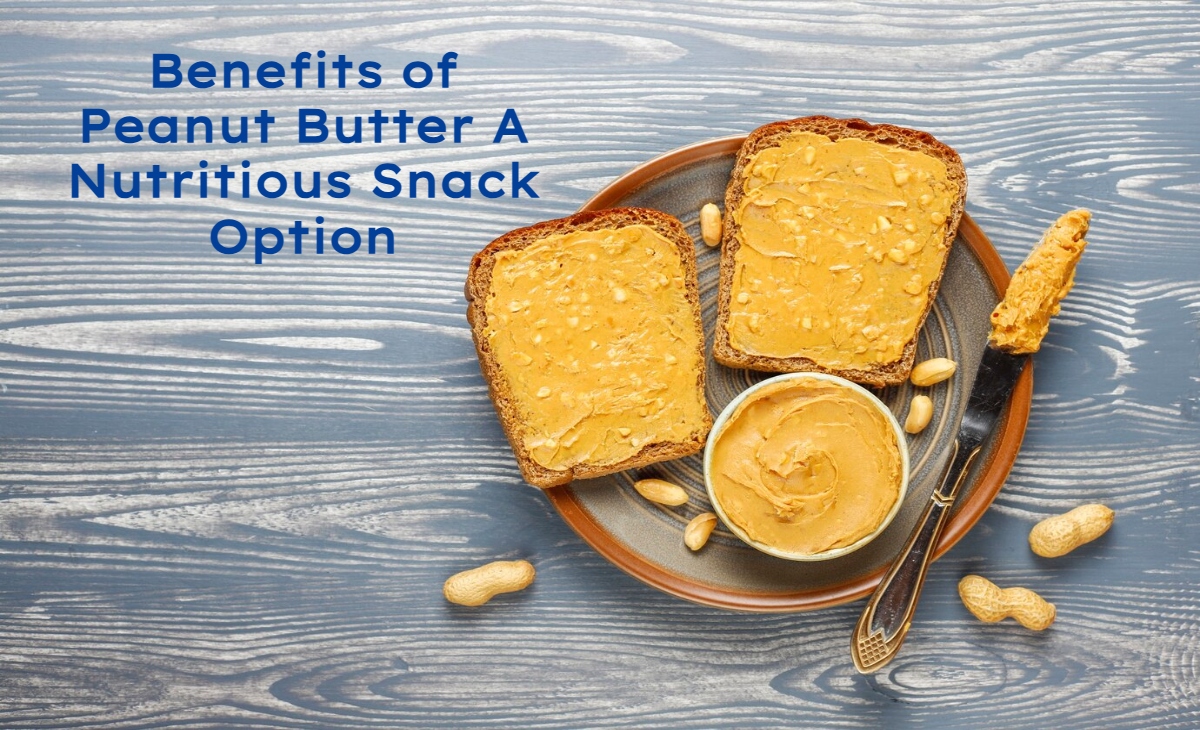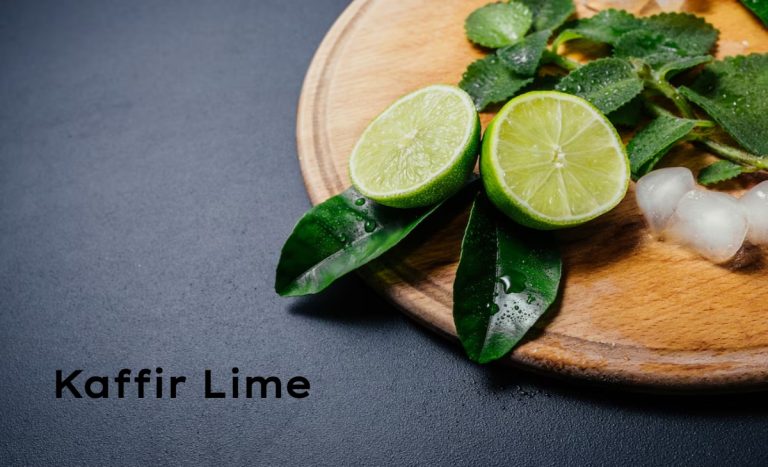Peanut butter has captured the hearts and taste buds of many around the world. This creamy, nutty spread isn’t just a staple in American households; it’s a beloved ingredient that transcends cultures and cuisines. Whether slathered on toast, blended into smoothies, or drizzled over desserts, peanut butter offers versatile ways to satisfy your cravings while nourishing your body.
But what makes this humble spread so popular? Beyond its delicious flavor lies a treasure trove of health benefits that make it an excellent snack option for anyone looking to fuel their day. From boosting energy levels to supporting heart health, peanut butter is more than just comfort food—it’s a smart dietary choice packed with nutrition. Join us as we dive deeper into the wonderful world of peanut butter and discover why you should embrace this tasty treat in your daily routine!
What is Peanut Butter and Why It’s Popular
Peanut butter is a beloved spread made from ground dry roasted peanuts. Its rich, creamy texture and nutty flavor make it an irresistible choice for many snack lovers.
Originating in the 19th century, this versatile food has evolved into various forms—smooth or chunky, sweetened or unsweetened—catering to diverse palates. The widespread appeal lies not only in its taste but also in its convenience; it’s quick to prepare and easy to enjoy on everything from bread to fruit.
Beyond the kitchen, peanut butter holds a special place in popular culture. It’s featured prominently in comfort foods like classic PB&J sandwiches and even gourmet recipes. This familiarity contributes to its status as a household favorite across generations.
Whether you’re looking for a midday snack or an ingredient for your next recipe experiment, peanut butter remains one of the most popular options around the globe.
The Health Benefits of Peanut Butter
Peanut butter isn’t just a tasty spread; it packs a serious nutritional punch. Rich in vitamins and minerals, it’s an excellent source of vitamin E, magnesium, and potassium. These nutrients play vital roles in maintaining overall health.
One standout feature is its high content of healthy fats. Monounsaturated fats found in peanut butter can help reduce bad cholesterol levels, promoting better heart health.
Additionally, the presence of antioxidants contributes to fighting inflammation and protecting your cells from damage.
Peanut butter also supports brain function thanks to its abundance of niacin which is crucial for cognitive health. This makes it not just delicious but beneficial for mental sharpness as well.
Moreover, the fiber content aids digestion and keeps you feeling full longer, making it easier to manage cravings throughout the day.
Peanut Butter as a Protein Powerhouse
Peanut butter is more than just a delicious spread; it’s a fantastic source of protein. Just two tablespoons pack around 8 grams of this essential nutrient, making it an ideal choice for anyone looking to boost their protein intake.
Protein plays a crucial role in muscle repair and growth. Whether after a workout or as part of your daily meals, peanut butter can help meet those needs efficiently.
Its creamy texture pairs well with various foods, enhancing both taste and nutritional value. Spread it on whole-grain toast, mix it into smoothies, or use it as a dip for fruits.
The combination of protein with healthy fats ensures that you stay fuller longer too. This means fewer cravings between meals and better energy levels throughout the day. Peanut butter truly stands out in the realm of nutritious snacks!
How Peanut Butter Contributes to Heart Health
Peanut butter is not just a tasty treat; it’s also a friend to your heart. Packed with monounsaturated fats, it helps lower bad cholesterol levels. This can reduce the risk of heart disease.
Rich in antioxidants like resveratrol, peanut butter fights inflammation. Inflammation is often linked to various cardiovascular issues.
Additionally, peanuts contain magnesium and potassium, nutrients that assist in maintaining healthy blood pressure levels. A balanced diet featuring peanut butter may support overall heart health.
Including this nutty spread in your meals can be both delicious and beneficial for your ticker. Whether on toast or blended into smoothies, it offers a delightful way to care for your cardiovascular system while enjoying its rich flavor.
Exploring Different Types of Peanut Butter
Peanut butter comes in various forms, each offering a unique flavor and texture. The classic creamy peanut butter is smooth and spreadable, perfect for sandwiches or drizzling on pancakes.
Crunchy varieties add delightful texture with small bits of peanuts mixed in. This option can elevate your snack game by providing that satisfying crunch.
For those seeking healthier alternatives, natural peanut butter is an excellent choice. It contains minimal ingredients—just peanuts and perhaps a pinch of salt—without added sugars or oils.
Flavored options like chocolate or honey-infused peanut butter offer a sweet twist. These can be great for smoothies or as a dip for fruits.
Vegan-friendly brands often create specialty versions using alternative oils to enhance consistency without compromising taste. Each type serves its purpose, making it easy to find the right fit for your palate.
Creative Recipes with Peanut Butter
Peanut butter is incredibly versatile and can elevate a variety of dishes. For breakfast, try drizzling it over oatmeal or mixing it into smoothies for added creaminess.
For lunch, spread some on whole-grain bread with sliced bananas and a sprinkle of cinnamon. This combo makes for a delicious sandwich that’s both filling and nutritious.
Dinner ideas? Incorporate peanut butter into sauces for stir-fries or as an ingredient in marinades to create depth of flavor.
Don’t forget dessert! Peanut butter cookies are classic, but you can also swirl it into brownies or blend it with yogurt and freeze it for a delightful treat.
Experimenting with peanut butter opens up countless culinary possibilities. You’ll quickly find that its rich taste pairs well with sweet and savory ingredients alike.
Is Peanut Butter a Good Option for Weight Loss?
Peanut butter often gets a mixed reputation when it comes to weight loss. On one hand, it’s calorie-dense and can lead to overeating if not portioned properly. However, its nutritional profile offers benefits that might surprise you.
Rich in healthy fats, fiber, and protein, peanut butter helps promote satiety. This means you’ll feel fuller for longer after enjoying it. That can make it easier to manage cravings throughout the day.
Incorporating small amounts into your meals or snacks could actually support weight management goals. Pairing it with fruits like apple slices or bananas adds volume without excessive calories.
It’s essential to choose natural varieties with minimal added sugars and oils. Doing so maximizes health benefits while keeping calorie intake in check. Enjoying peanut butter mindfully could be a delicious part of a balanced diet aimed at sustainable weight loss.
How to Incorporate Peanut Butter into Your Diet
Integrating peanut butter into your diet is both fun and simple. Start your day with a classic breakfast. Spread it on whole-grain toast or mix it into oatmeal for added creaminess.
For lunch, consider adding a dollop to smoothies or drizzling it over salads. It complements leafy greens beautifully and adds richness without overpowering flavors.
Snack time? Pair peanut butter with apple slices or celery sticks. This combination offers crunch along with protein, keeping you satisfied longer.
Baking enthusiasts can experiment by swirling peanut butter into brownies or incorporating it in cookie recipes for an extra layer of flavor.
Don’t forget about savory dishes! Blend peanut butter into sauces for stir-fries or marinades to create new taste sensations that elevate your meals. With so many options, you’ll find yourself reaching for this versatile ingredient often.
Tips for Choosing the Best Peanut Butter
When it comes to selecting the best peanut butter, a few key factors can enhance your experience. First, check the ingredient list. The ideal peanut butter should contain just peanuts and perhaps a pinch of salt. Avoid those with added sugars or hydrogenated oils.
Texture is another consideration. Some prefer creamy while others enjoy crunchy varieties. It all boils down to personal taste and how you plan to use it.
Look for brands that offer natural options without additives for maximum health benefits. Organic peanut butters are also great choices if you’re keen on avoiding pesticides.
Examining nutritional labels can help you make informed decisions too. Keep an eye on sugar content and serving sizes, ensuring they fit your dietary needs.
Consider trying different brands until you find one that satisfies your palate perfectly—there’s no shortage of delicious options out there! By following these tips, you’ll be well-equipped to choose a peanut butter that not only meets your health goals but also elevates your snacking game.







